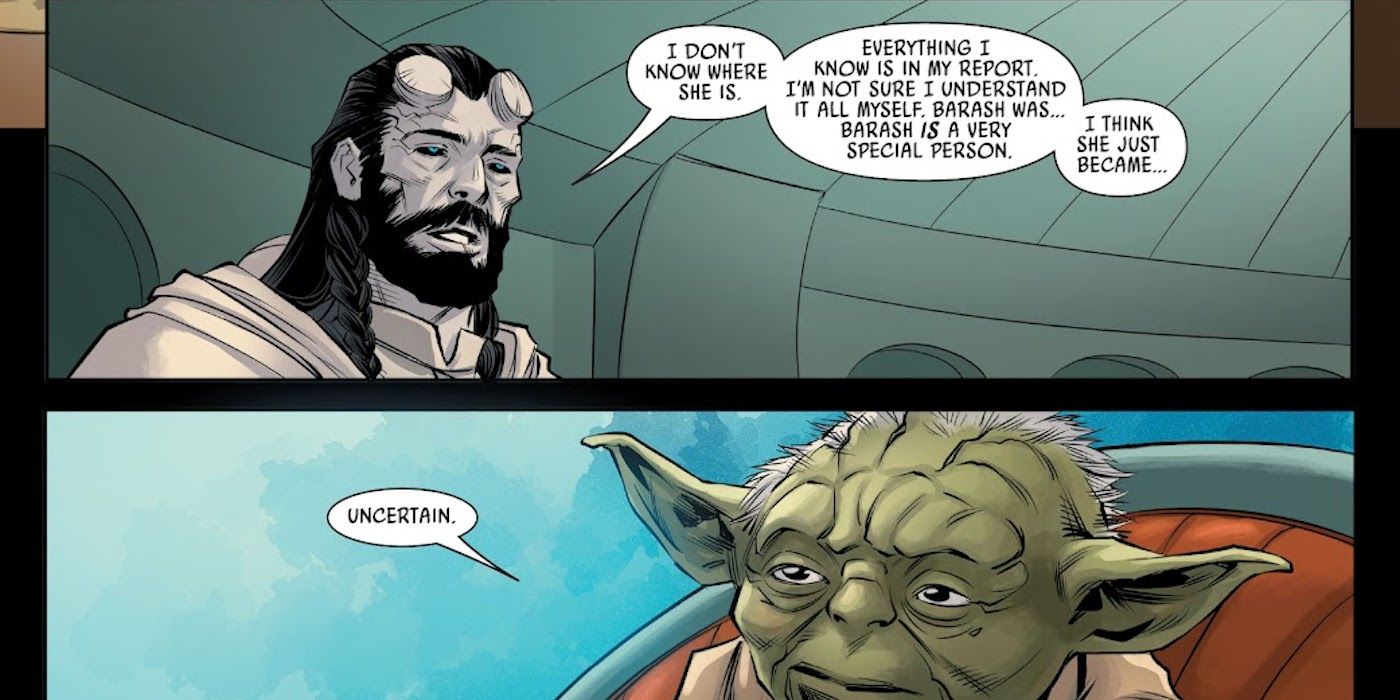Barash Vow Ritual

The Barash Vow is a traditional Iranian wedding ritual that holds great significance in Persian culture. Its origins can be traced back to ancient Zoroastrian beliefs and symbolizes the couple’s commitment to each other and their families.
Stages of the Ritual
The Barash Vow ritual consists of several distinct stages, each with its own symbolic meaning:
- Pre-Ritual Preparations: Before the ceremony, the couple’s families exchange gifts and blessings, known as “saghi” and “naan-e-sangak.” These gifts represent the families’ acceptance and support of the union.
- The Ceremony: The ceremony takes place in a sacred space, often a Zoroastrian fire temple or a family home. The officiant, a Zoroastrian priest or a respected elder, leads the couple through a series of prayers and vows.
- The Exchange of Rings: The couple exchanges rings, which symbolize their eternal love and commitment. The rings are often inscribed with the couple’s names and the date of their wedding.
- The Blessing: The officiant blesses the couple and their families, invoking the protection and guidance of Ahura Mazda, the supreme deity in Zoroastrianism.
- The Feast: After the ceremony, a grand feast is held to celebrate the union of the couple and their families. Traditional Persian dishes and drinks are served, and guests dance and sing to mark the joyous occasion.
Role of the Officiant and Participants
The officiant plays a crucial role in the Barash Vow ritual, guiding the couple through the various stages and ensuring the proper observance of traditions.
The participants, including the couple, their families, and guests, actively engage in the ritual by offering prayers, blessings, and support to the couple.
Barash Vow in Contemporary Society
The Barash Vow ritual has undergone significant evolution in modern times, adapting to changing social norms and values. While the core elements of the ritual remain intact, its interpretation and significance have shifted.
Social Adaptation
In contemporary society, the Barash Vow is no longer exclusively a religious or traditional obligation. It has become a symbol of personal commitment and a way for individuals to express their love and devotion. The ritual has also become more inclusive, with people from diverse backgrounds and beliefs participating in it.
Reasons for Participation
Despite societal changes, the Barash Vow continues to hold relevance for many people today. Some participate in the ritual as a way to honor their cultural heritage, while others see it as an opportunity for personal growth and spiritual connection. Additionally, the ritual’s emphasis on commitment and loyalty resonates with individuals seeking stability and meaning in a rapidly changing world.
Barash Vow and Personal Transformation

The Barash Vow ritual holds immense transformative potential, offering individuals a profound opportunity for self-discovery and personal growth. Through its symbolic and introspective elements, the ritual serves as a catalyst for overcoming challenges, gaining self-awareness, and fostering inner transformation.
Overcoming Challenges
The Barash Vow ritual provides a safe and supportive environment for individuals to confront their fears, obstacles, and limitations. By facing these challenges head-on, participants can develop resilience, courage, and the strength to overcome adversity.
Gaining Self-Awareness
The introspective nature of the Barash Vow ritual allows participants to delve deep into their inner selves. Through meditation, reflection, and self-inquiry, they can gain a deeper understanding of their motivations, values, and beliefs. This self-awareness empowers individuals to make conscious choices and live in alignment with their authentic selves.
Personal Growth
The Barash Vow ritual is a transformative journey that fosters personal growth on multiple levels. It encourages participants to embrace their strengths, cultivate compassion, and develop a sense of purpose. By shedding limiting beliefs and embracing their potential, individuals can unlock their full potential and live a more fulfilling life.
Examples of Impact, Barash vow
Numerous participants have attested to the transformative power of the Barash Vow ritual. One participant shared, “The ritual helped me confront my fears and realize that I am capable of more than I thought possible.” Another participant stated, “It gave me a profound sense of self-awareness and empowered me to make positive changes in my life.”